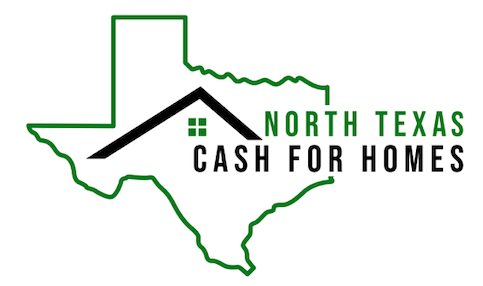Foreclosure is devastating for many reasons and avoiding foreclosure can be stressful and potentially complicated. For local Texas families facing foreclosure, the stress can become unbearable to the point where you feel like you’re better off just shutting down and hoping it resolves itself which, unfortunately, it won’t.
Going through a foreclosure isn’t just traumatic to the family members it affects with everyone stressfully awaiting potential homelessness the closer that auction date gets. Foreclosure can also be damaging to your credit. One missed mortgage payment damages your credit more than anything else. Once you reach the pending auction date, you’re now several payments behind and I’m sure your credit reflects that. But once that foreclosure happens and the bank has officially taken over your home, that foreclosure on your record will hit it even more (kick someone while they’re down, right?) and it will stay on your record forever. Yes, forever!! Now, that doesn’t mean you’ll never be able to buy a house again. It usually takes about 7 to 10 years after a foreclosure hits your credit before you would be able to purchase a house again, but this does vary from person to person.
Fortunately, you have options available to you when it comes to avoiding foreclosure. There are many strategies that can potentially help in Dallas. In this blog, you’ll read about 3 of the most common ways you can try avoiding foreclosure (there are other ways to avoid foreclosure as well if you read our other blog). The goal of these strategies is to help you by avoiding foreclosure and reduce the pain and frustration that you’re facing while minimizing any long-term financial commitment or burden. Just remember that not one size fits all so if you still have questions, you can call us at 214-761-3150.
Strategy #1: Work out a deal with your lender
I know your lender is probably not your most favorite person right now, but you’d be surprised at how willing they are to help. It’s important for us to remember that banks are not in the business of taking people’s homes. They actually lose money when they have to go through this process. They would rather you just pay your mortgage payments. But sometimes, that’s not possible based on certain circumstances.
Give them a call and let them know your situation and ask if there is anything that can be done by avoiding foreclosure on your home. Sometimes they have some solutions that would work for you. Just make sure you take very thorough notes. Keep track of every date and time you called them, who you spoke to, and exactly how that conversation went. Unfortunately, the employees at banks tend to never keep the best notes or they tend to get lost altogether.
This might include a temporary reprieve on your mortgage payments, or it might include a catch-up strategy where your outstanding mortgage payments are spread out so you can catch up and pay them off, or it might include a restructuring of the outstanding amounts that you owe. Keep in mind that if you are 30 days or less from the auction date, the less likely they’ll be able to formally structure anything with you. Banks do work slowly and require a lot of different people to sign off on approval of anything so it becomes almost unlikely that they’ll be able to approve you of anything when you’re that close to the auction date.
Strategy #2. Bankruptcy
Filing for bankruptcy may seem like an extreme measure but it is one of the “tools” in your “avoiding foreclosure” toolbelt. When you file for bankruptcy, you indicate to all of your creditors that you are no longer able to pay your bills. Filing for bankruptcy will put a stop to the foreclosure process because all creditors must stop the collection process.
Filing for bankruptcy, though, is a little extreme: it may require you to sell off some of your assets in order to pay off your creditors. And, bankruptcy will remain on your credit score for many years, which could impact everything from getting a loan to getting a car… even getting a job. So this shouldn’t be your first line of defense unless you truly feel it would be the best solution for you. Call a few local bankruptcy attorneys to shop around their fees because I’m sure aware, but attorneys are never cheap! But, they should get the job done.
Strategy #3. Short sale help for a foreclosure in Dallas
A short sale is the third strategy — and it’s not what most people think. Many people hear “short sale” and think it’s a short/quick process and that’s far from the truth. It’s actually a long process that usually takes anywhere from 6 to 12 months to complete. To keep it simple, you are having to negotiate with your bank to see if they would take less than what you actually owe on your mortgage…meaning you’re upside down. A short sale can be a preferred method for people avoiding foreclosure because it is proactive and can be very effective.
- It’s proactive, which means that you take matters into your own hands (that’s a major stress eliminator because so much of the stress of foreclosure comes from the process being completely out of your control).
- It’s very effective because a short sale can completely wipe out the amount owed on your mortgage if your lender approves it. If there is any amount left over that is not covered by the sale of the property, you’ll be responsible for it. I suggest speaking to your accountant/CPA to find out where you would fall in this.
With a short sale, you still end up with the reality of having to leave your home but there is a bright side: The impact on your credit is much less (compared to a bankruptcy or a foreclosure) so this is a smart long-term play to give yourself some options.
